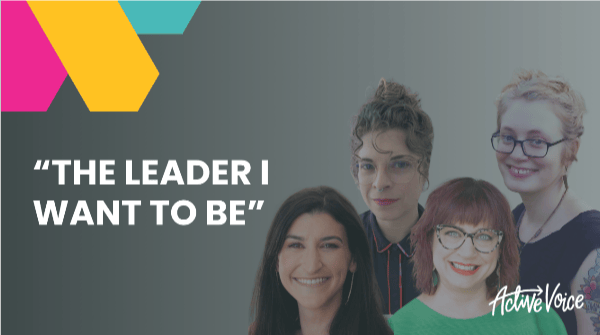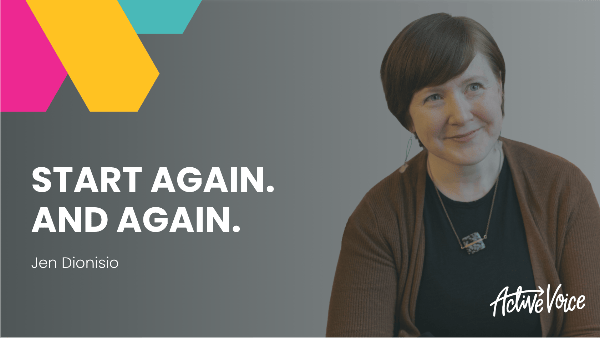Hi there,
Summer is coming to an end—and stepping outside this morning, I could feel it. The birds are so much quieter. The flowers in my garden are thinning and drooping. Stray leaves are starting to cover the grass.
For the past 25 or so years, when I get this feeling, a line from this Maya Angelou poem runs through my head: We begin to stop in order simply to begin again.
I suspect, as we all start to slow down—as the nights get longer, the days cooler—that there’s going to be a lot to process.
I distinctly remember looking at the state of design and tech at this time last year and thinking: Surely this is the bottom. Spoiler alert: It was not.
By now, it’s rare to have a conversation about work that doesn’t end with a grim assessment of late-stage capitalism and the merciless practices propping it up: the constant drumbeat of efficiency and optimization, the rolling waves of layoffs, the demonization of DEI.
I get nostalgic for the era when I entered tech. Back when it felt like your job could have it all: creativity, impact, and economic stability. And maybe that expectation was always an illusion. After all, these orgs were no less accountable to their shareholders back then than they are now. But at least it felt like there was lip-service towards concepts like don’t be evil—the likes of which haven’t only been scrubbed from companies’ websites but from our experience as workers as well. The veil—as gauzy as it may have been years ago—has now fully lifted.
What is this moment now? And what’s next? I’m no pundit—so I’m keeping my predictions inside. But what I do feel confident saying is that while none of us can control the future, we can prepare ourselves to stay strong in the storm. We can stockpile our reserves, and most importantly, we can take care of each other as the winds whip around us. Because we all deserve better than what we’re getting—and to make that real, we have to work together.
This is the work we do in Power Shift—10 weeks of self-exploration meant to clarify your path forward, through all of this mess. We do this work in community, so you’re not stuck navigating this weird, wobbly world all on your own.
We begin to stop in order simply to begin again. That’s the message I want you to carry into the fall. It’s time to rest, to reflect, to look inwards. This isn’t giving in—it’s gathering strength for the work to come.
—Jen
“The leader I want to be”
Last week, Sara asked some of our past Power Shift participants to share how their time in the program changed them. Check out what they had to say!
Start again. And again.
At our Flip the Script retreat earlier this month, I spoke about the work we’re called to do during our individual and collective time in “the neutral zone”—the in-between period between something ending and something new beginning. I’m making the talk public, as an offering of hope.
New on the podcast
Where are they now?
Ever listen to a dilemma on the show and wonder what happened next? So did we!
On the reading list
Partly fueled by American capitalism/climbing the distinctly American career ladder, but mostly an innate aversion to staying still (outside of planned activities like meditation or park hangs), I struggled to imagine a world where I would just sit still and do nothing for a month or two.
These are the topics coming up time and again among my friends: frustration at mediocre (usually male) colleagues being promoted above them, anger at going part-time to cope with looking after a young family but then being expected to cram a five-day week into three or four days, for less money. Fear that time out of the workplace will harm their future chances of promotion. A sense that, however hard they push, it won’t be enough.
When stress destabilizes people’s ethical compass, they may inadvertently overlook the heightened risk of ethical lapses. And when employees focus solely on achieving their targets, deadlines, or personal financial goals at the expense of ethical considerations — when doing the right thing feels burdensome compared to seemingly less-costly shortcuts — they can teeter on what we refer to as “ethical burnout.”


